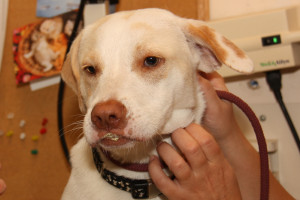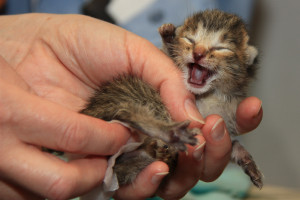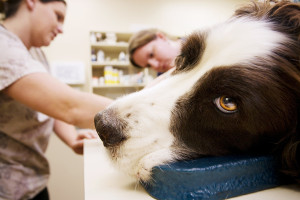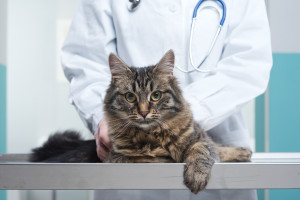When it’s more than URI: Dealing with pneumonia in animal shelters
Few things strike as much fear into the hearts of shelter veterinarians and staff as an outbreak of respiratory disease. While successful management of stress and provision of preventive medicine can dramatically decrease the incidence of this troubling condition, it can still spiral into serious disease. Dr. Elizabeth Berliner, Director of the Maddie’s® Shelter Medicine Program at… Learn More










